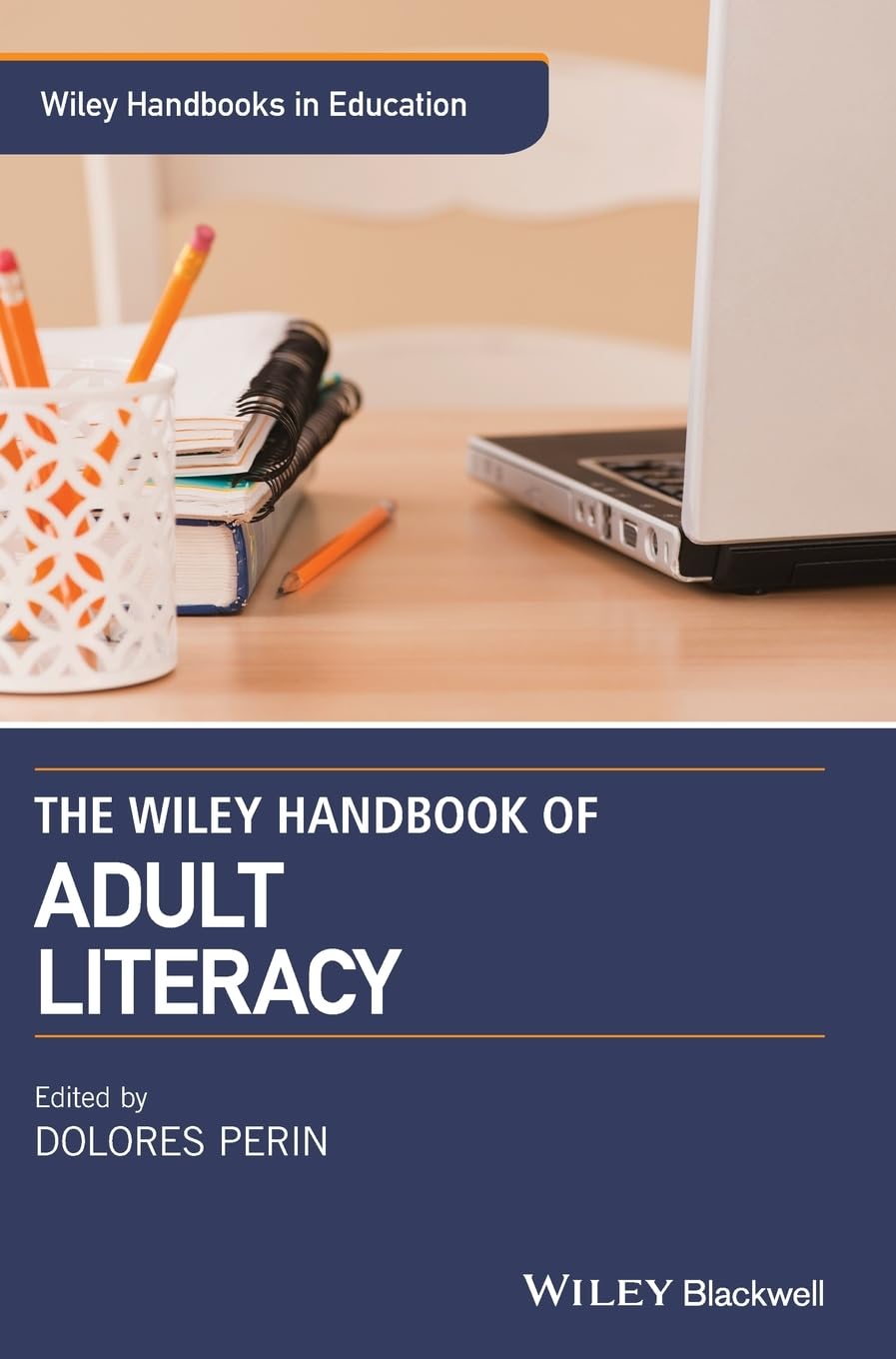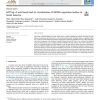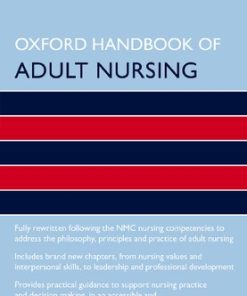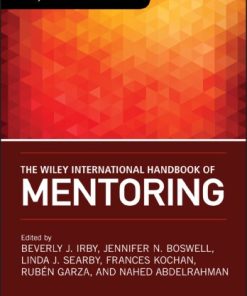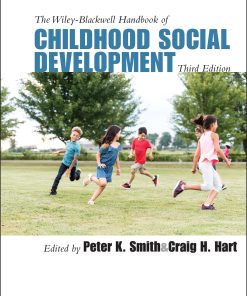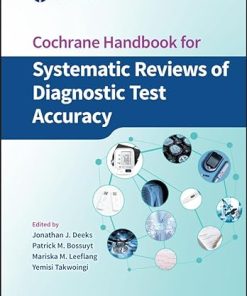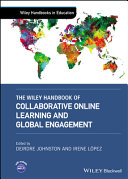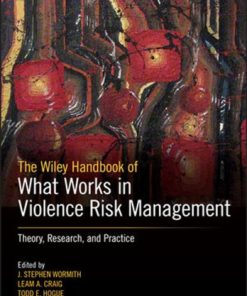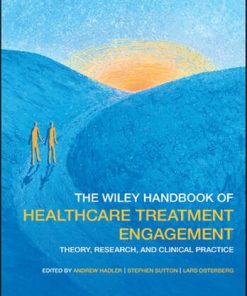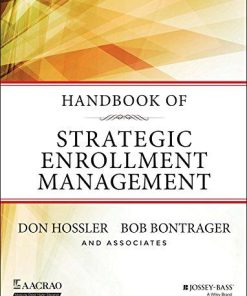Wiley handbook of adult literacy
$50.00 Original price was: $50.00.$25.00Current price is: $25.00.
Wiley handbook of adult literacy – Ebook Instant Download/Delivery ISBN(s): 9781119261377,9781119261384,9781119261391,1119261376,1119261384,1119261392
Product details:
- ISBN 10:1119261392
- ISBN 13: 9781119261391
- Author: Dolores Perin
This handbook presents a wide range of research on adults who have low literacy skills. It looks at the cognitive, affective, and motivational factors underlying adult literacy; adult literacy in different countries; and the educational approaches being taken to help improve adults’ literacy skills. It includes not only adults enrolled in adult literacy programs, but postsecondary students with low literacy skills, some of whom have reading disabilities.
The first section of The Wiley Handbook of Adult Literacy covers issues such as phonological abilities in adults who have not yet learned to read; gender differences in the reading motivation of adults with low literacy skills; literacy skills, academic self-efficacy, and participation in prison education; and more. Chapters on adult literacy, social change and sociocultural factors in South Asia and in Ghana; literacy, numeracy, and self-rated health among U.S. adults; adult literacy programs in Southeastern Europe and Turkey, and a review of family and workplace literacy programs are among the topics featured in the second section. The last part examines how to teach reading and writing to adults with low skills; adults’ transition from secondary to postsecondary education; implications for policy, research, and practice in the adult education field; educational technologies that support reading comprehension; and more.
Table contents:
1 Cognitive Processing Challenges Associated with Low Literacy in Adults
2 Phonological Abilities in Fully Illiterate Adults
3 Gender Differences in the Reading Motivation of Adults with Low Literacy Skills
4 Integrating Component Skills in a Reading Comprehension Framework for Struggling Adult Readers
5 Writing Challenges for Postsecondary English Learners with Low Levels of First Language Literacy
6 From “Degisned” and “Dezine” to “Design”: Comparing Adults’ and Children’s Spelling Errors Across Tasks
7 Literacy Skills, Academic Self‐Efficacy, and Participation in Prison Education
8 Readiness to Learn Among Adults with Low Skills
9 Cognitive Profile of Students with Dyslexia Entering Postsecondary Education 1
10 A Cognitive Framework for Tracing the Roots of Reading Disabilities Among University Students
11 Reading, Writing, and Self‐Efficacy of Low‐Skilled Postsecondary Students
Section II Contexts of Literacy for Adults with Low Skills
12 Cognitive and Sociocultural Dimensions of Adult Literacy and Integrating Technology in Adult Education
13 I Will Survive: Sociocultural and Educational Factors Underlying Child Mortality in Rural Ghana
14 Literacy and Social Change in South Asia
15 Literacy, Numeracy, and Self‐Rated Health among U.S. Adults
16 Adults with Low Skills and Learning Disabilities
17 Participation in Literacy Programs for Adults with Low Skills in Southeastern Europe
18 Making the Most of Learning Contexts: A Literature Review on Family and Workplace Literacy Programs
Section III Education of Adults with Low Literacy Skills
19 How to Teach Fully Illiterate Adults to Read
20 Developmental Trajectories of Adult Education Students: Implications for Policy, Research, and Practice
21 Academic Literacy as Developmental Pedagogy: The Learning and Growth of Adult English Language Learners
22 Educational Technologies that Support Reading Comprehension for Adults Who Have Low Literacy Skills
23 Writing Strategy Instruction for Low‐Skilled Postsecondary Students
24 Transitioning Adult Literacy Students to Postsecondary Education
25 Research on Developmental Education Instruction for Adult Literacy Learners
People also search:
wiley handbook of adult
the wiley handbook of adult literacy
the wiley-blackwell handbook of adulthood and aging
wiley handbook of art therapy
wiley handbook of eating disorders
You may also like…
Education Studies & Teaching - School Education & Teaching
The Wiley international handbook of mentoring: paradigms, practices, programs, and possibilities
Psychology - Developmental Psychology
The Wiley-Blackwell Handbook of Childhood Social Development 3rd Edition
Education Studies & Teaching - Higher & Further Education
Education Studies & Teaching - Adult & Continuing Education
The Wiley Handbook of Collaborative Online Learning and Global Engagement
Relationships & Lifestyle - Psychological Self-Help


